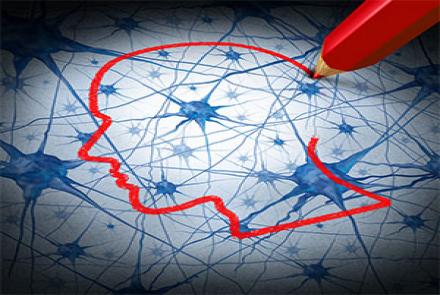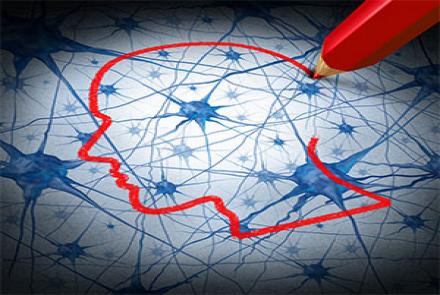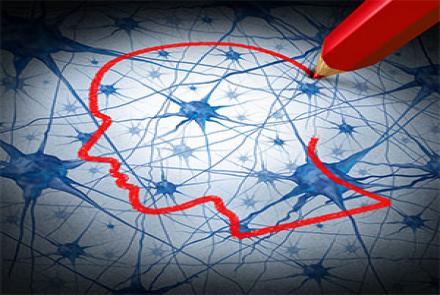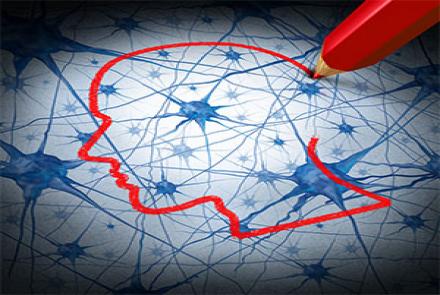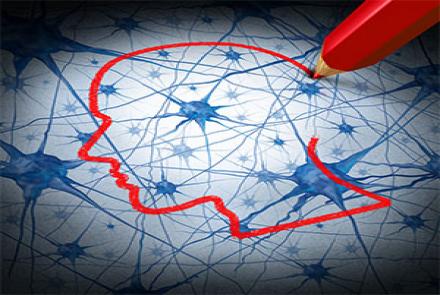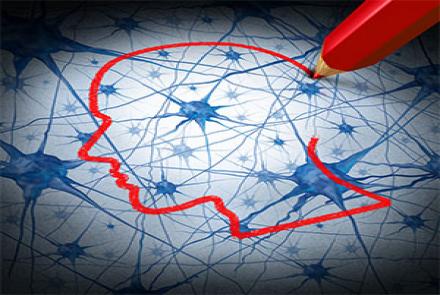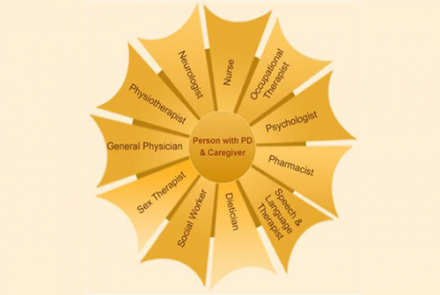How is Epilepsy Diagnosed?
Medical History
A complete physical examination.
Neurological examination
Complete neurological examination to rule out behavioral modifications, change in mental function, motor abilities etc.
Laboratory tests for Epilepsy
Blood tests : Blood sample will be collected to check for signs of infection, genetic conditions etc.
Electroencephalogram (EEG) : Routinely used diagnostic test which measures electrical impulses in the brain. This…
Latest Stories
- What are the signs and symptoms of Epilepsy? Temporary confusion Uncontrollable jerking movements of arms and legs (commonly referred to as seizures) Loss of consciousness Staring spell What are the complications of Epilepsy? Falling: which causes injury to your head or break a bone Drowning : if you have epilepsy you are 15 to 19 times more likely to drown while swimming or bathing than rest of the population Accidents : A seizure that causes either loss of awareness or control can be…
- There are some ways of preventing epilepsy if you can prevent some of the causes. Head trauma Prevent head trauma by riding safely - being careful and avoiding road accidents. Prevent falls among the elderly by following some of these tips on fall prevention. Infectious Diseases Reduce chances of cysticercosis, the most common cause of epilepsy worldwide. Be careful and prevent infectious diseases through good hygeine and safe food cooking practices. Stroke Stroke is one of…
- Epilepsy often needs to be managed for life. While drugs do not cure epilepsy they can help control seizures. Make sure you know whom to consult as you manage the condition. Also know first aid, safety measures and post seizure care First Aid: Move the sizing person away from any obstacles like furniture, electrical outputs etc. Clear the area of any harmful or sharp objects. Place a blanket or cushions near the person. Place a pillow below their head if possible. Turn the person on their…
- What is Epilepsy? Epilepsy is a group of disorders marked by recurrent seizures over a prolonged period of time. The activity of nerve cells in brain becomes disrupted causing seizures or periods of unusual behavior, sensations and sometimes loss of consciousness. People can have different types of seizures and they may have other neurological problems as well.
- What are the risk factors for developing epilepsy? Epilepsy is the 4th most common neurological disorder affecting 1% of population. 1 in 26 people will develop epilepsy during their lifetime. It can begin at any age. Men are most commonly affected when compared with women. Risk factors include Premature babies Babies who have seizures in the first month of life Abnormal blood vessels in brain Brain tumors Cerebral palsy Family history of epilepsy or fever related (febrile) seizures. Alzheimer…
- It is important to be aware of the Multidisciplinary Team of Health Care Professionals who play an integral role in the care and treatment of people with Parkinson’s as well as their caregivers. These professionals offer support and practical tips in those areas which you as a caregiver find difficult to manage and this also aids in an improvement in quality of life. Neurologist- Is a medical practitioner, who is licensed to make a diagnosis of PD (and other neurological conditions) following a…
- Allergies are the most common cause of skin problems. They vary in symptoms and severity - from mild to life threatening. Dr. Shital Patel gives an overview of skin allergies to help you identify and treat common skin problems. 1. What is an allergy? An allergy is a hypersensitive immune response by the body towards any substance that may have entered or come in contact with the body. Any such substance that causes an allergic reaction is called an Allergen. Common symptoms…
- Falls are probably the number one cause of injuries in seniors resulting in high medical and rehabilitative costs. Porrselvi A.P. a cognitive and psychosocial interventions specialist, offers valuable tips and suggestions for preventing falls at home, from installing handrails and anti-skid mats to decluttering the house and wearing sturdy footwear. Falls can lead to avoidable hospital admissions and the associated complications for elderly with a good health status as well as those older…

